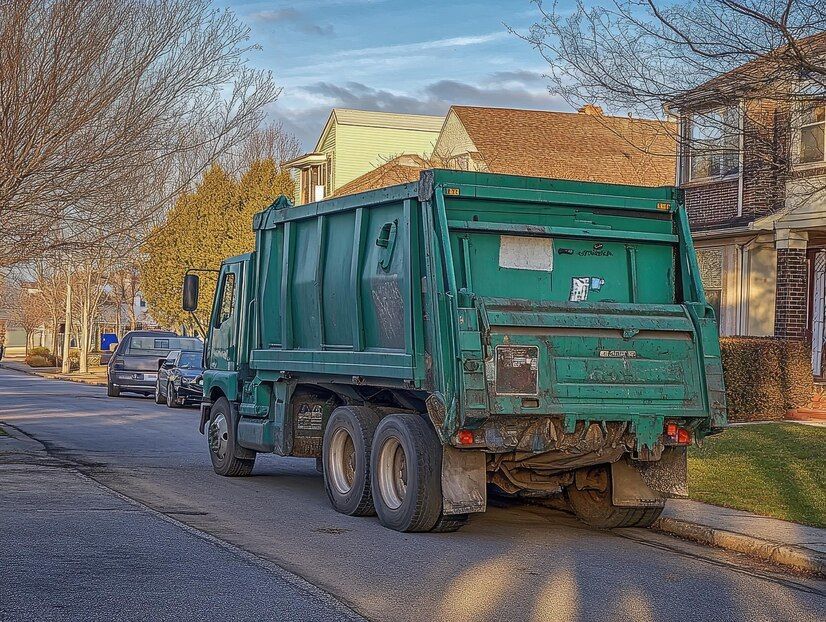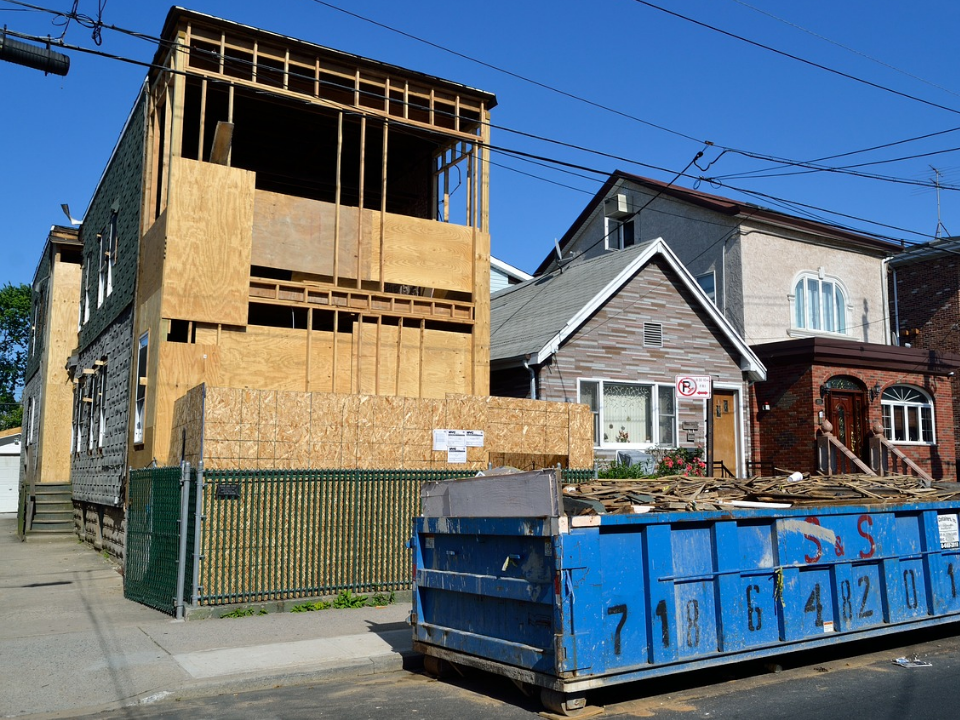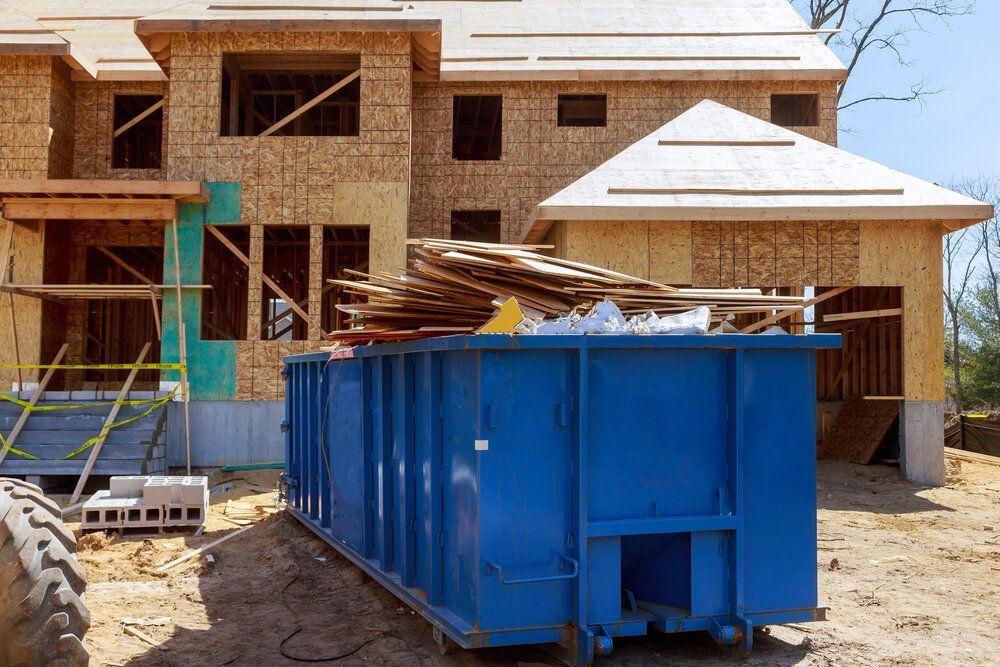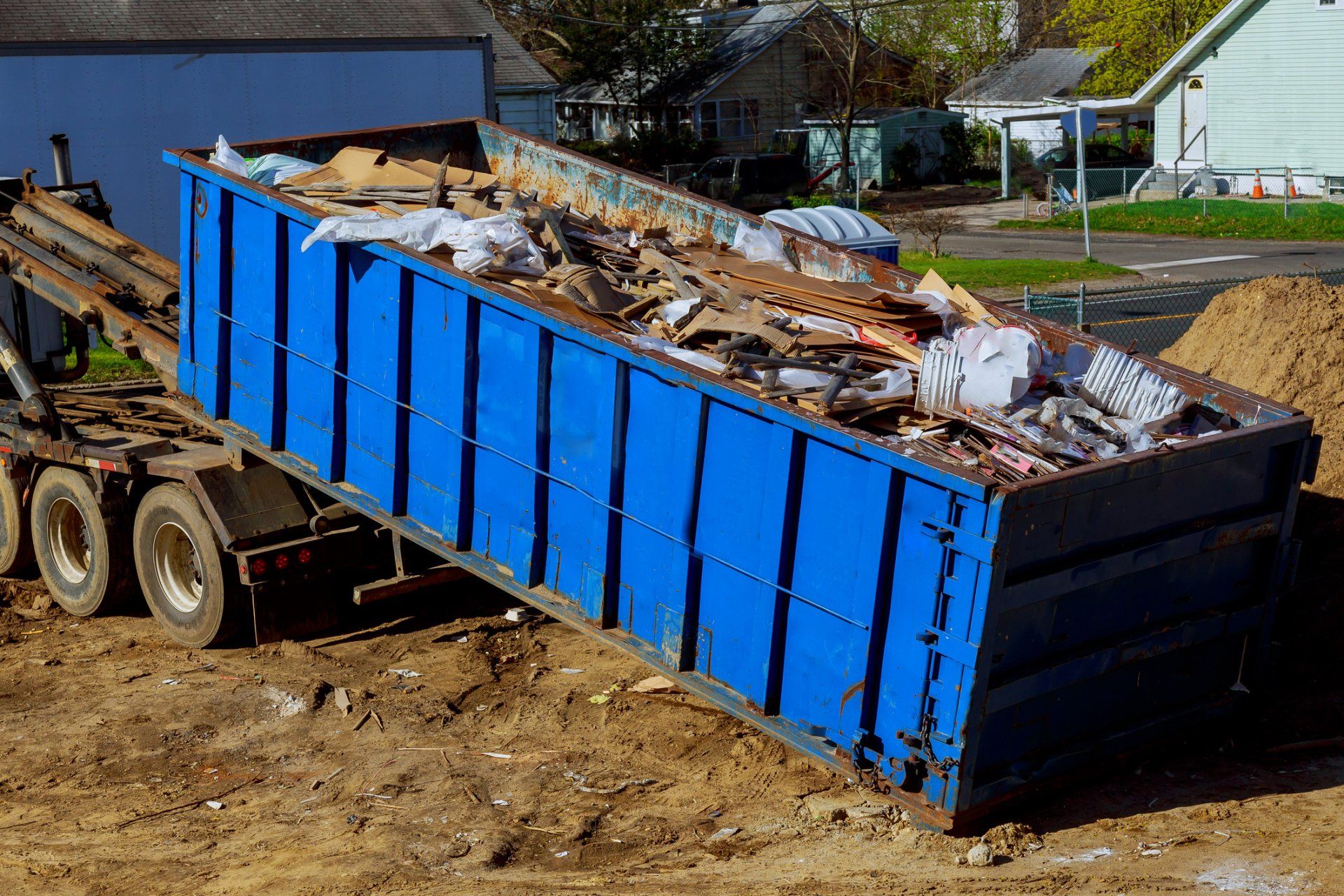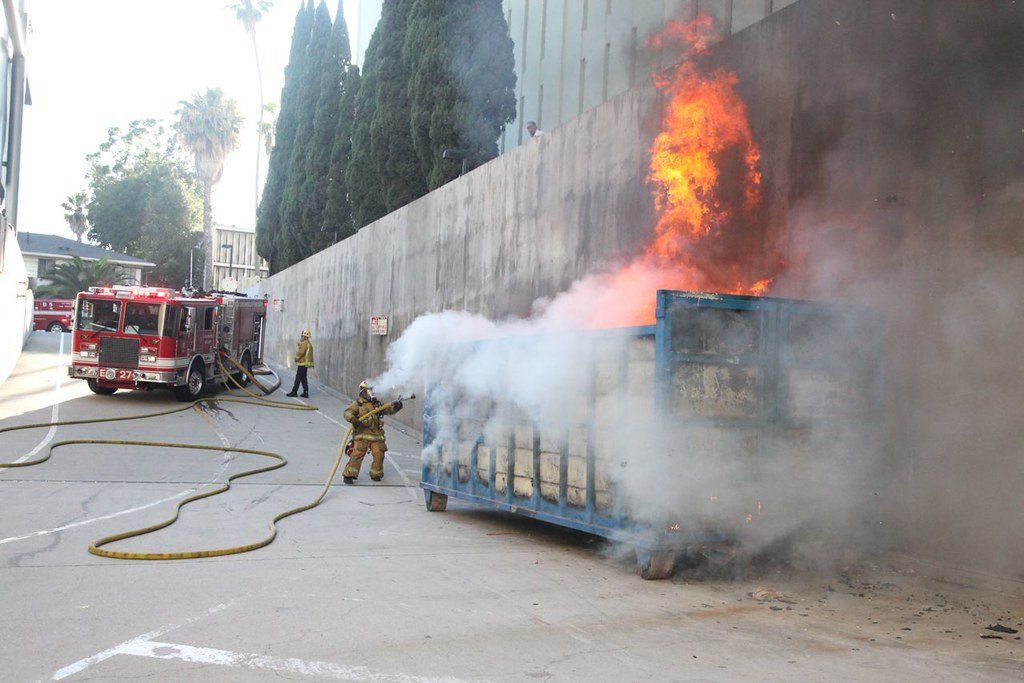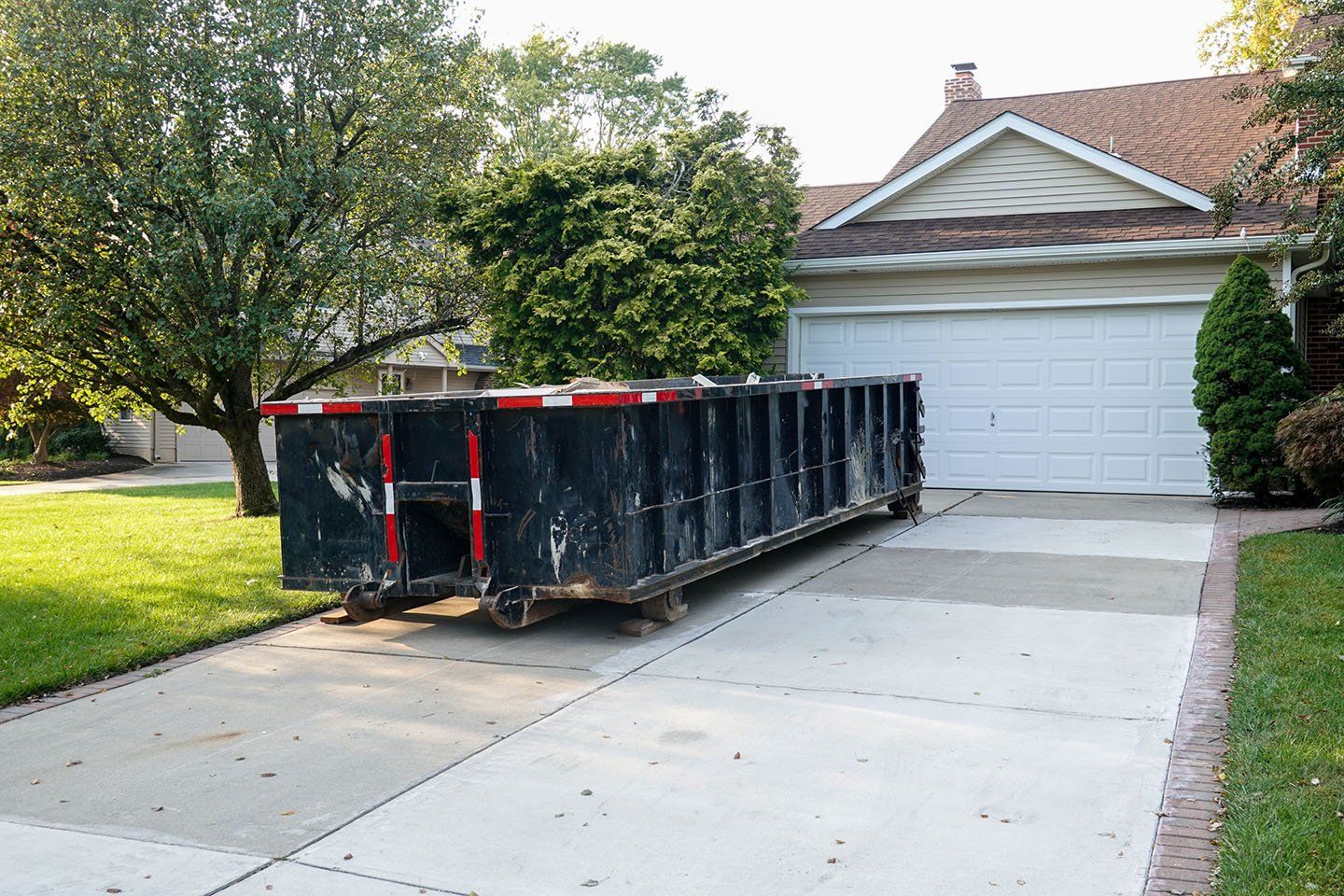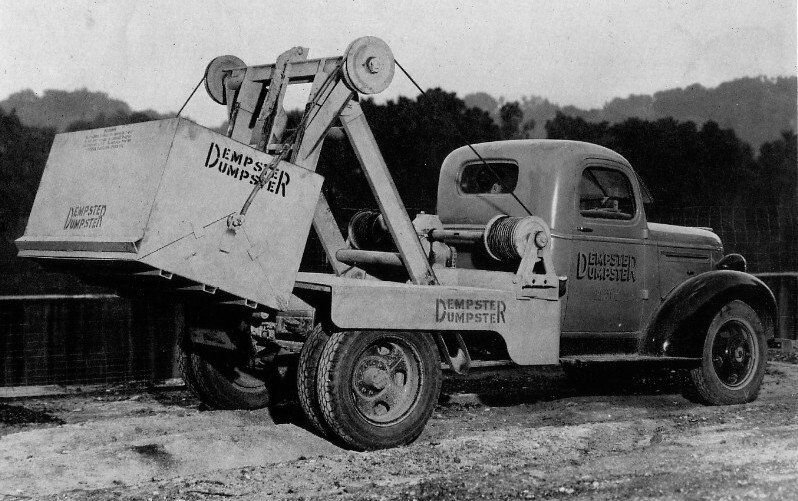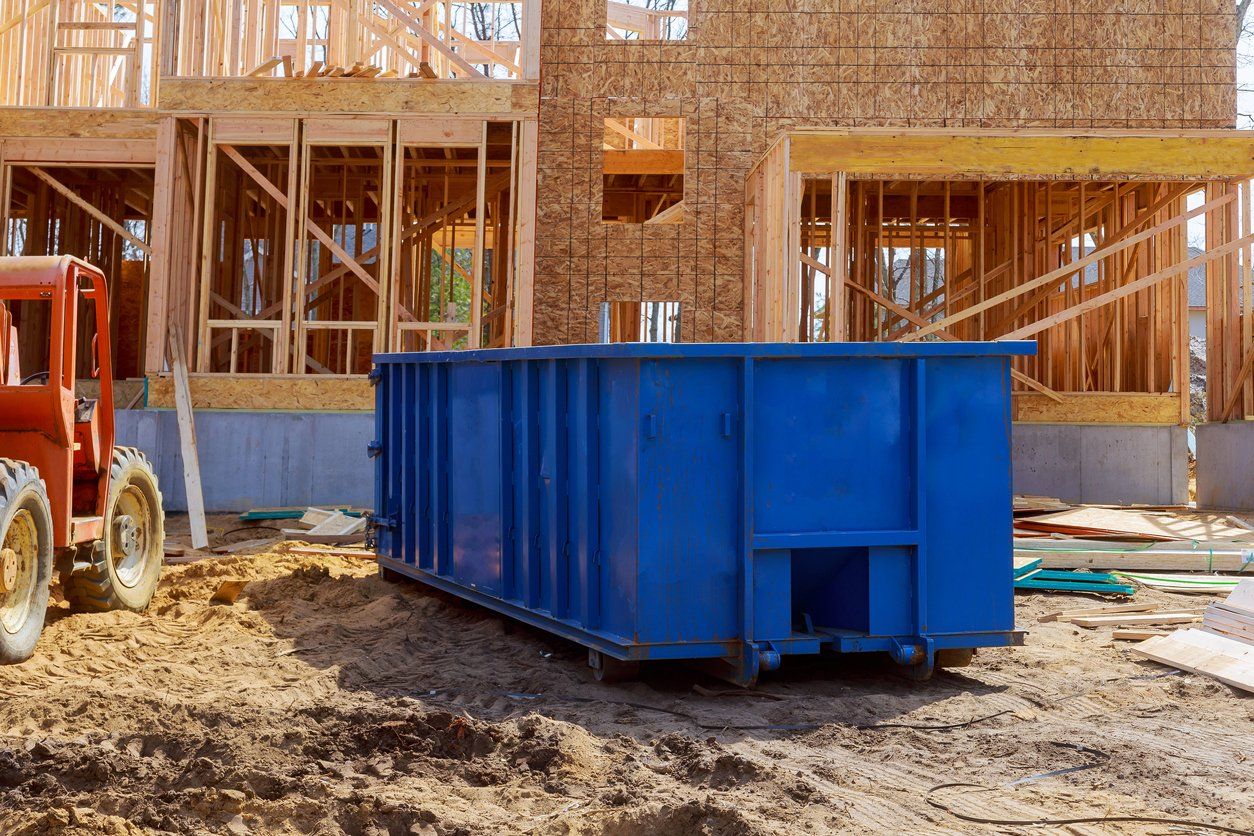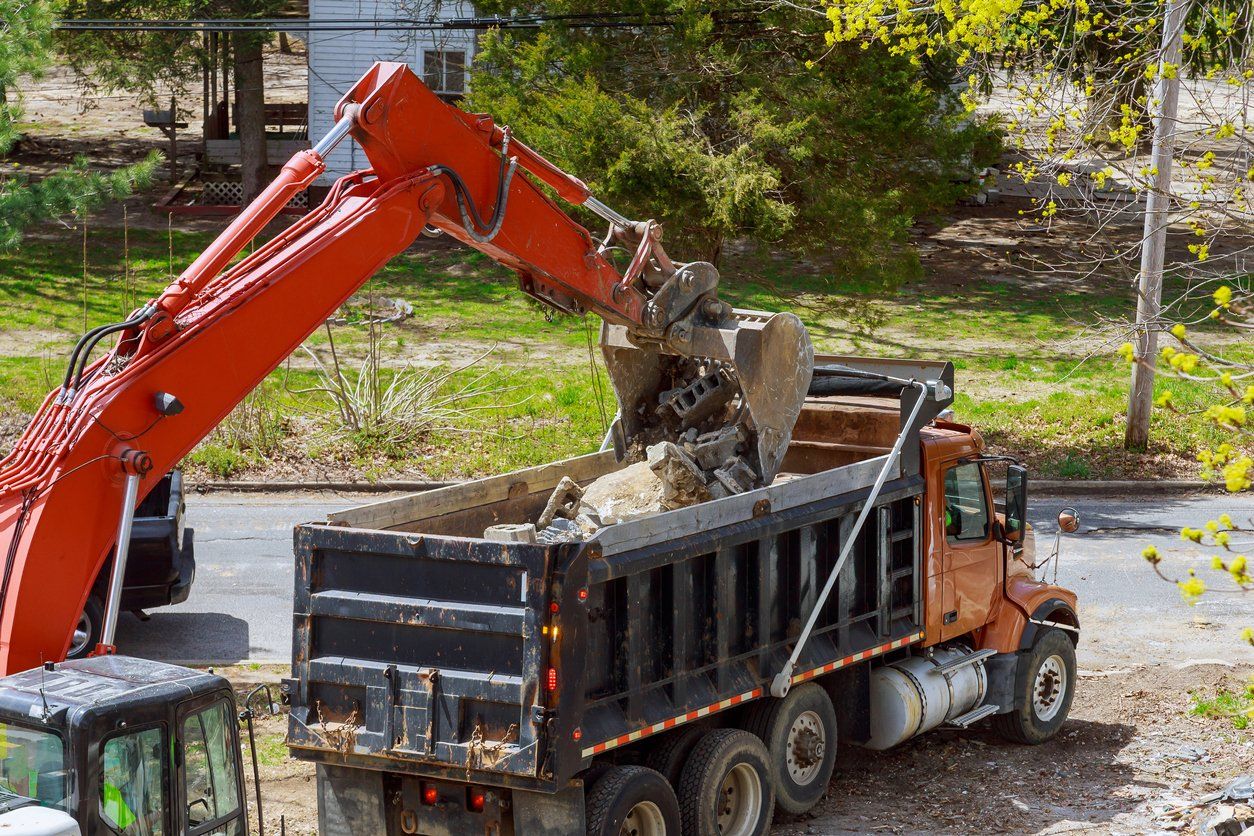FAQs about Dumpster Rentals: Your Questions Answered
Dumpster rentals are an efficient solution for waste management, be it for home cleanouts, construction projects, or commercial use. However, if you're new to dumpster rental, you might have several questions about the process. This blog post aims to address the most frequently asked questions to help guide you through your next dumpster rental experience.
Our FAQs
1. What size dumpster do I need?
The size of the dumpster you'll need depends on the scale of your project and the type of waste you anticipate. Dumpster sizes are typically measured in cubic yards. Small projects like garage cleanouts might only require a 10-yard dumpster, while major construction or renovation projects could need a 40-yard dumpster. A reliable dumpster rental company can help you determine the right size based on your specific needs.
2. What can I throw in a rented dumpster?
Most non-hazardous waste can be thrown into a rented dumpster. This includes household debris, construction materials, yard waste, and more. However, there are certain materials that are typically not allowed, like hazardous waste, flammable materials, and certain electronics. Always confirm with your rental company what materials are permitted and which are not.
3. How long can I keep the dumpster?
The rental period for dumpsters varies based on the company and the specific rental agreement. Common rental periods range from 7 to 14 days, but extensions are usually available for longer projects. Ensure you understand the terms of your rental agreement, including any fees associated with keeping the dumpster longer than initially agreed.
4. How much does dumpster rental cost?
The cost of a dumpster rental depends on several factors, including the size of the dumpster, the length of the rental period, the type of waste being disposed of, and your location. It's advisable to get quotes from a few different companies to ensure you're getting a fair price.
5. Do I need a permit to rent a dumpster?
In some cities, you may need a permit, especially if the dumpster needs to be placed in a public space like a street. Check with your local municipality or ask your dumpster rental company about the regulations in your area.
6. How is the waste disposed of?
Reputable dumpster rental companies follow local regulations for waste disposal. Typically, the waste is taken to a landfill or a waste processing facility. Some companies may offer recycling services for certain types of waste.
7. Can a dumpster damage my driveway?
If precautions are not taken, a dumpster could potentially cause damage due to its weight. However, many companies use protective measures like wooden planks or dumpster pads to minimize the risk of damage.
Dumpster rentals can simplify waste management for a wide range of projects. Understanding the process and knowing what to expect can help ensure a smooth, hassle-free experience. Always choose a reputable dumpster rental company that is transparent about their terms and prioritizes customer service.
